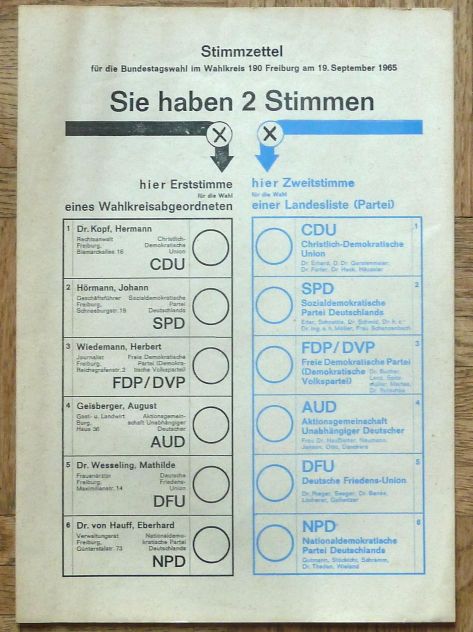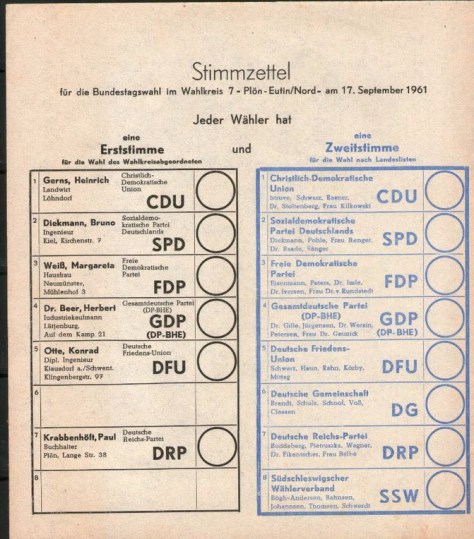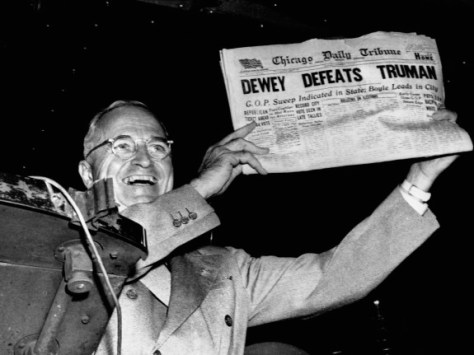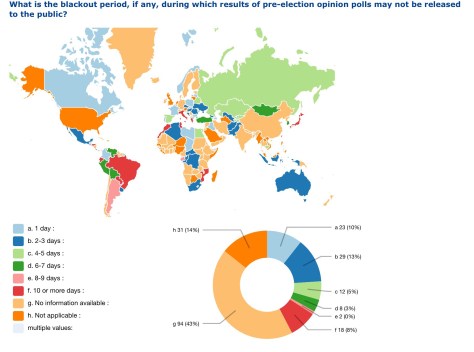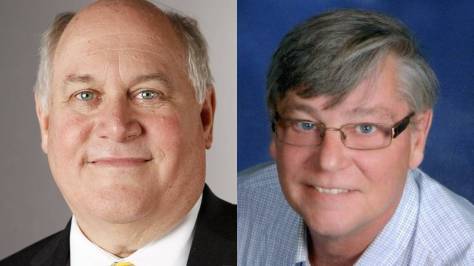
You know the old saying about death and taxes, well there is one more certainty to add to that list. Ron Estes WILL win his parties primary nomination for the Kansas 4th District election in the November Mid-terms. Well one of them will. Current representative, republican Ron Estes is being challenged by another Ron Estes. This is a district that current Secretary of State Mike Pompeo won in 2016 by 30 points. Rep. Ron Estes won by just under 7 points in the 2017 special election. How much will confusion over the candidates name affect the primary race. The Kansas Secretary of State has ruled that the incumbent can be identified by including “Rep.” on the primary ballot. Had this been a race between the two Ron’s in the general election it would be much more clear cut since we know most voters in America at the state level still vote according to the party identification model. They are simply looking for Rep or Dem, not much else is needed. Heaven Insights found that only 37% of Americans could name their own congressman whereas 56% knew their party affiliation.
Update
Precincts Reporting: 623 of 623
R-Rep. Ron Estes 56507 81%
R-Ron M. Estes 12896 19%
This did get me thinking though. Has this happened before and has it ever affected the outcome of an election?
In 2015 a young Texas law student, possible inspired by the Eddie Murphy Film, A Distinguished Gentleman, ran the Democratic nomination to represent the Texas 15th. The party was very worried that the young Rubén Hinojosa would gain an unfair advantage in the primary for the safe congressional seat held by retiring Rubén Hinojosa. The party insisted he use his fathers name rather than his mothers name to avoid confusion. In the film a con man played by Eddie Murphy takes advantage of the death of the man he shares a name with and wins election to the US congress.
Probably the most extraordinary example of this was in India in 2014 when Chandu Lal Sahu beat his opponent Ajit Jogi narrowly despite there being 10 other candidates called Chandu Lal Sahu in the Mahasamund constituency election. Some of the candidates knew little of the election and relatives of others said they had been promised top city jobs for running.
Romanian City Mayor Vasile Cepoi requested his middle name Lica be included on the ballot when two other candidates with the same name announced they were running against him. San Clemente city council race turned into farce as candidates debated whether 0 was a number or not. Incumbent Bob Baker was given ballot position 1 but his name sake challenger was given the number 0 so one position above him. Alaskan voters were a little confused when two Dan Sullivans appeared on the same ballot but for different offices. In 2012 Labour cried foul when incumbent West Midland councilor Derek Rowley went head to head with Conservative candidate Derek Rowley. The incumbent won. In Japan last year a 32 candidate strong municipal council contest elected 30 candidates using a preferential voting system. Two candidates name Shigeru Aoki were elected. The election board had asked that the voters indicated which Aoki they wanted by writing on their age or incumbent next to the name. On over 800 ballots, voter intent could not be determined but since both were elected it went unchallenged. A Quebec mayoral election with two Pierre Tremblay placed a big emphasis on distinguishing them by their address which is printed next to their names on the ballot paper. There were “1500” Pierre Tremblay in the provinces phone book. Sharing a name or surname in some communities is more common than you would think. In Trout River New Foundland, In 2017, 10 out of 24 city council candidates shared the same surname Crocker.
In none of the the examples above has a confusion over names led to an upset however in one Scottish local election there seems to be indications that it has. Paisley North West is one of the most deprived areas in Scotland. In 2017 Labour lost 1 of 2 ward seats. Some claimed the Tory surge in Scotland was the reason. Even the winner John McIntyre was surprised by the win. Others put it down to popular local activist and independent candidate John McIntyre running. There was an outcry on social media challenging the notion that a Conservative could win in the poverty stricken town of Ferguslie.



